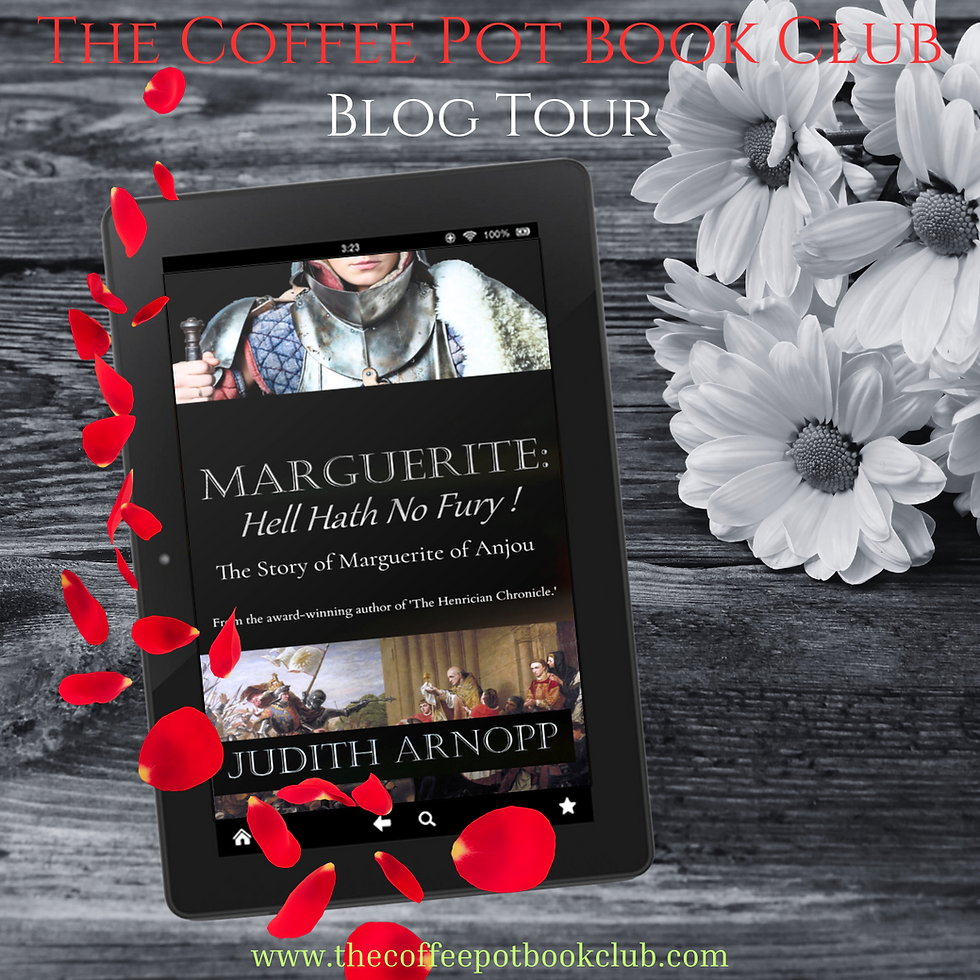An Enthralling Dual Timeline WWII Family Mystery - Blog Tour and Book Excerpt for "Ciao, Amore, Ciao"
- DK Marley
- 2 days ago
- 3 min read
BOOK EXCERPT:
It was January 18th, late in the night, when we made our way into the chaos of the small town they called Podgornje. Fires burnt in every izba, buildings overflowing with men fighting for every scrap of space and food in the serrated orange light, the silence of the steppe that froze its secrets like the rich suddenly shattered by the voices of the mad, and we were with the stragglers, the hunchbacks, we were the last of the column forcing our way through that town in search of warmth and food that had all long-since been taken by the strong.
I’m not a man of words, John—for men like me, words have always been denied—but how to describe -45C to you? Until you stand in it, in that cold, wet from the snow, congealed and hungry, your flesh rotting and your skin slipping off your bones, until you have seen men die with their blood turned to ice in their veins, until you see a man die that way, men of crystal standing up frozen from the inside with veins like glass rupturing inside their flesh …
Orders were simple: We were to avoid all roads and villages and to abandon all motorised chainless vehicles. The big pieces of artillery were to be abandoned as well. We were, John, disarmed, hungry, and walking. Four German tanks, five canons of 152s, a rocket launcher battery transported on mule-led sleds, and a few small artillery pieces and mortars, that was all the heavy metal that would be coming with us; everything else was to be left behind in Podgornje—anything that could not be carried was to be gutted in fired-up oil barrels that lined the main road out into the steppe, oil barrels that singed with the diesel fuel that was no longer needed.
That night in Podgornje men drank the last of the cognac and ate the last of the food that could not be carted and threw away their possessions and their weapons. Threw them on the snow and walked away because we were no longer an army fighting a war, we were men fighting for survival, fighting to go home and with no taste for the kill. Just to live. Just to live one more day. We understood what was expected of us and it didn’t matter what Signorini, the commander of the 6th Alpine Regiment said, or General Reverberi—old Gasosa himself, in command of the Tridentina Division—or anyone else said. It was each man for himself now, and the only mission was the one that would take us home.
At dawn we began to follow the column out of Podgornje. Our destination was Postojali, some forty kilometres west of us. Radio Scarpa—word of mouth from one soldier to the next that’d been, throughout our stay on the Don, the most reliable source of news—reported Postojali was already in Russian hands. We knew this because the Russians had been signalling our last remaining radio all night.
“Attention! Attention! Stalin announces that the entire Italian Alpine Corps has been surrounded and not a man will be able to escape. Stalin has offered you all a new uniform, a uniform of peace and work. Those who choose not to surrender will die here. Do not fight and give yourselves up.”
Radio Scarpa told us Reverberi, Signorini and the German, General Eidl, had made the decision not to surrender on our behalf. That was kind of them.
The column was to split in two beyond Podgornje; the left column to follow the Camonica Battalion, the right the Vicenza and Bergamo Corps, the fighting battalions of the 2nd Alpine Division Tridentina, men who carried their big Breda guns over their shoulders with arms spread wide and ammo-belts around their necks. They seemed to me like your Indians, John, like your Indians in those Tom Mix movies I’d watched as a boy with their blankets and rifles swinging on their backs. They were, to me, like your Apaches, and their arms like the arms of Jesus on the cross.

















Thanks so much for hosting Sandro Martini today, with an intriguing excerpt from his new novel, Ciao, Amore, Ciao.
Take care,
Cathie xo
The Coffee Pot Book Club